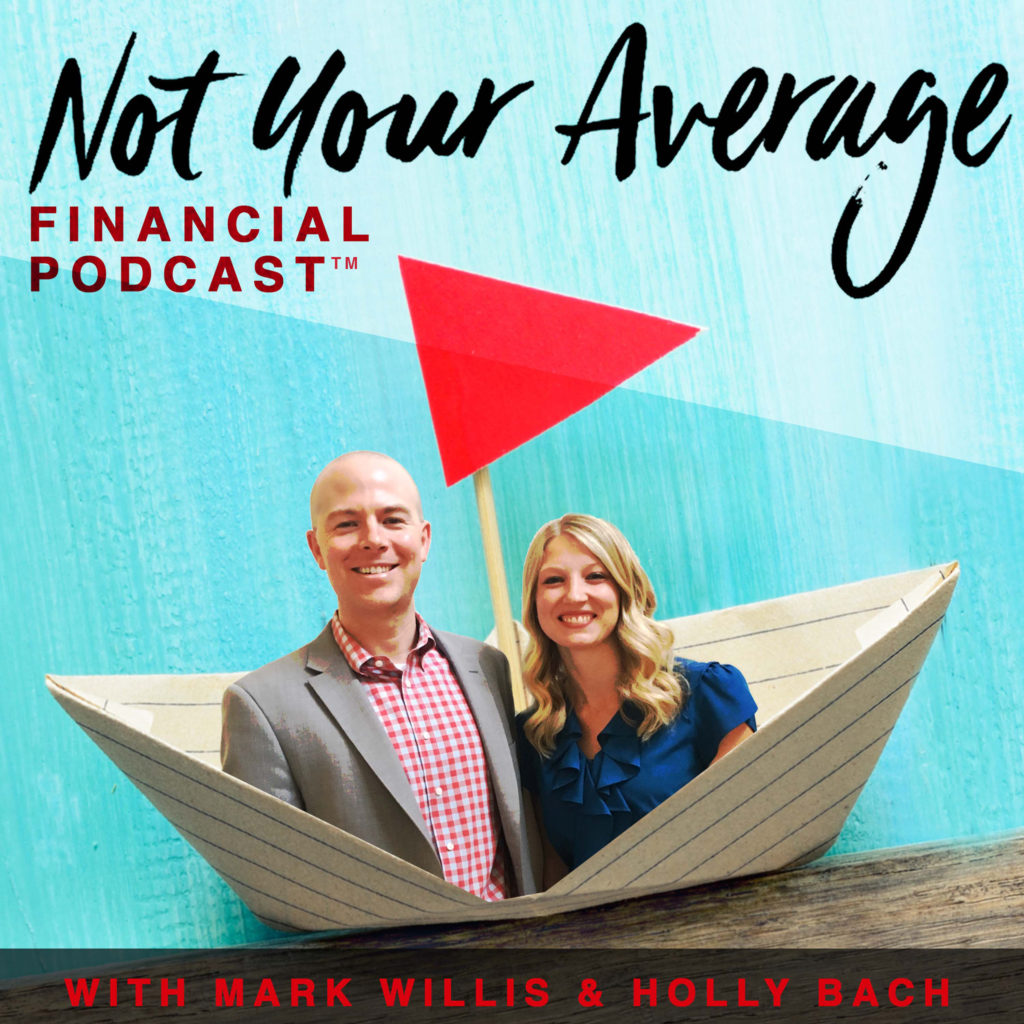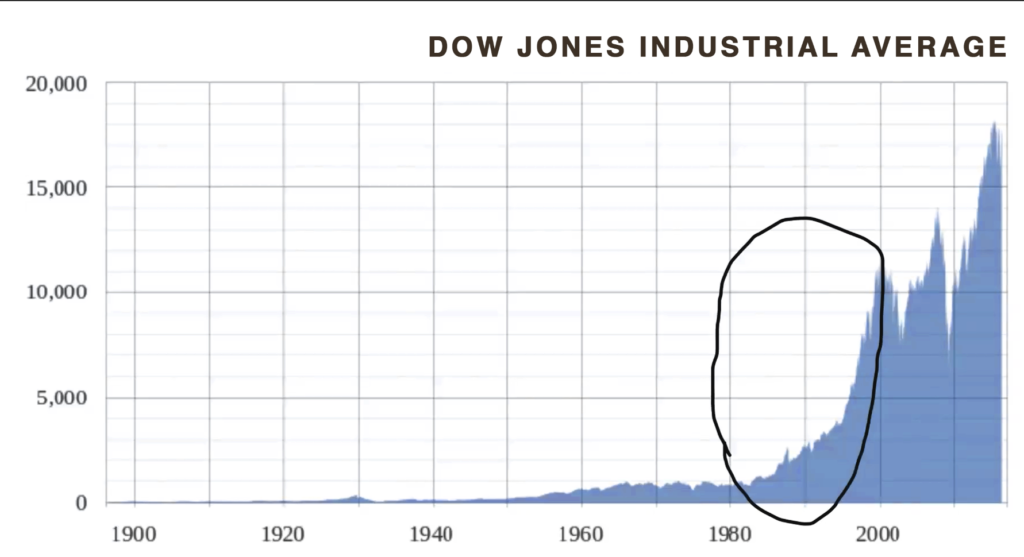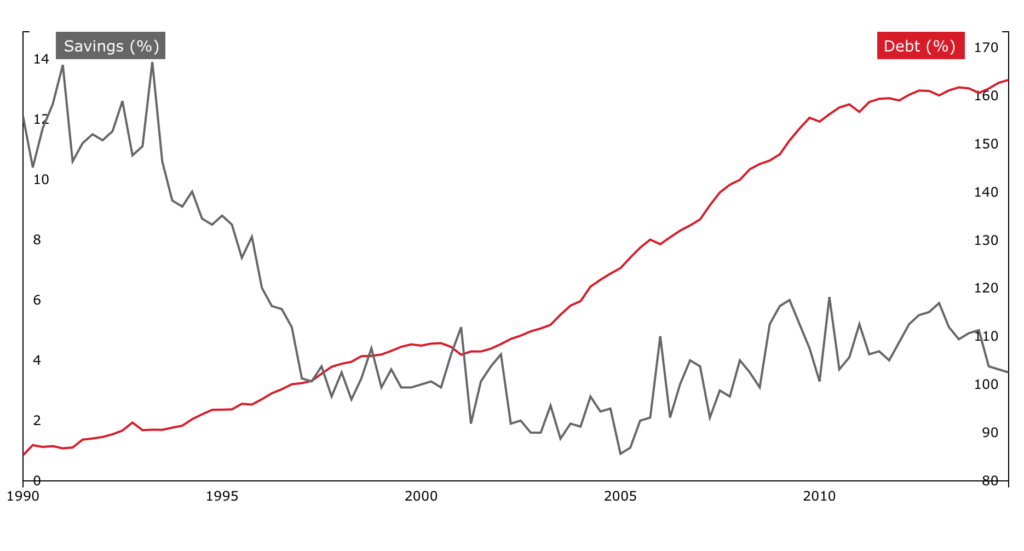Podcast: Play in new window | Download
Subscribe: Apple Podcasts | Android | RSS
In this episode, we ask:
- What are banks?
- How do banks work?
- What happens when you put your money with a bank?
- Is a checking account safe?
- What about interest bearing savings account?
- If you put ten thousand dollars into the interest bearing savings account, how much do you get credited to your account?
- What is the bank’s business?
- Why do they lend money?
- How far does modern banking go back?
- What was Jekyll Island? Who was there?
- What is the Federal Reserve?
- How much do banks have to keep on reserve?
- When did the FED update the requirements for the reserves?
- Where is all of your money?
- What happens when you deposit money into the bank?
- Why do we call deposit accounts the “safe” place?
- Is there another way?
- What are mutually owned life insurance companies?
- How long have these companies been in force?
- What does Benjamin Franklin have to do with insurance?
- How are these different from a bank?
- Are life insurance companies allowed to inflate the money supply?
- Are life insurance companies allowed to participate in fractional reserve banking?
- What are the reserve requirements for an insurance company?
- Which is safer? The institution who has 10% or less on reserve or the company that has to keep over 100% on reserve?
- How many banks went bankrupt in 2008?
- How many life insurance companies in 2008?
- If banks are so safe, why did so many fail?
- If there isn’t going to be a bailout next time, how many more banks are we going to see go down?
- Have you ever looked into who owns banks?
- Have you ever heard of BOLI (Bank Owned Life Insurance)?
- How much life insurance do banks purchase, according to the FDIC?
- How do banks benefit from BOLI?
- Should you do with your money what banks are doing with theirs?
- What is COLI? Corporate Owned Life Insurance
- Is a mutual life insurance company policy SAFER than a bank?
- What happens if a life insurance company fails?
- How are life insurance companies regulated?
- What are insurance companies invested in?
- Are life insurance companies convenient?
- Do we spend more or less as availability to money becomes more convenient?
- How would a life-insurance driven debit card affect dividends?








